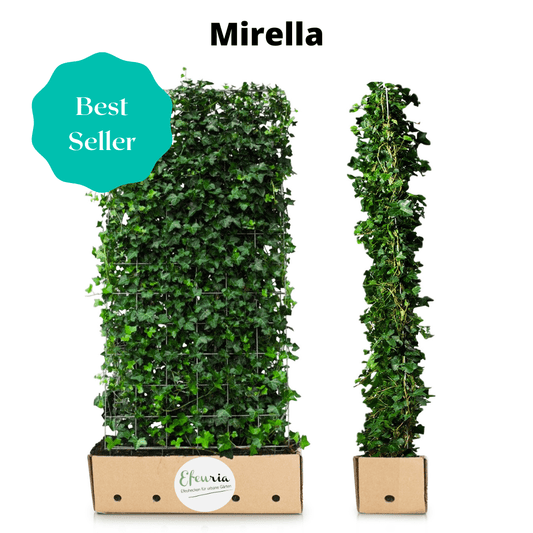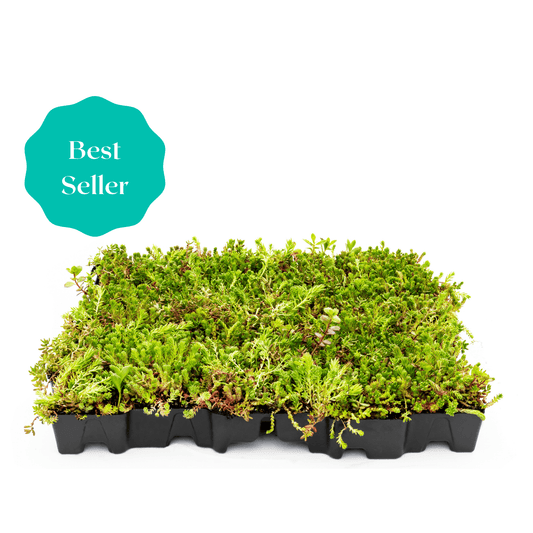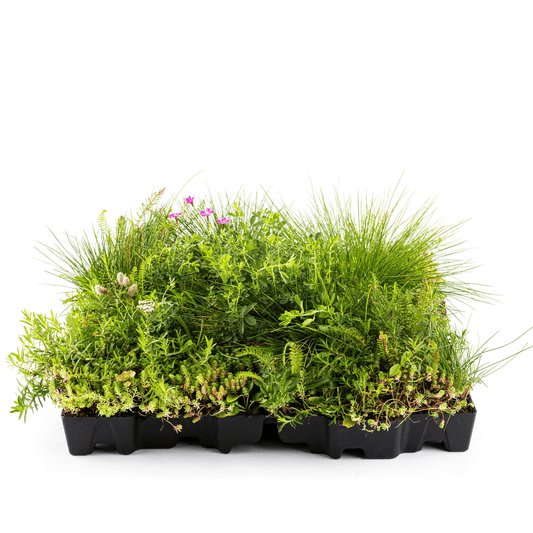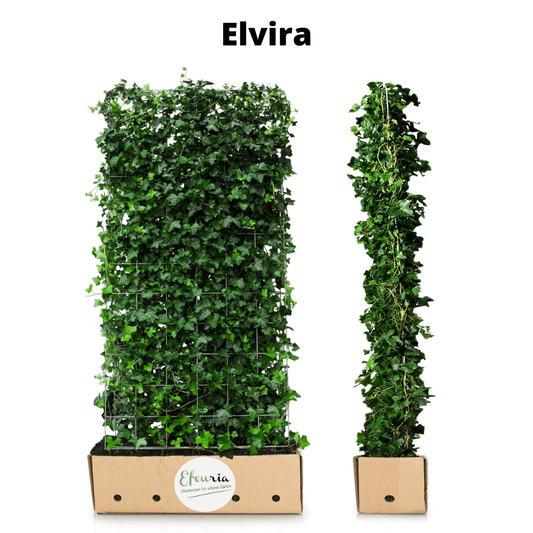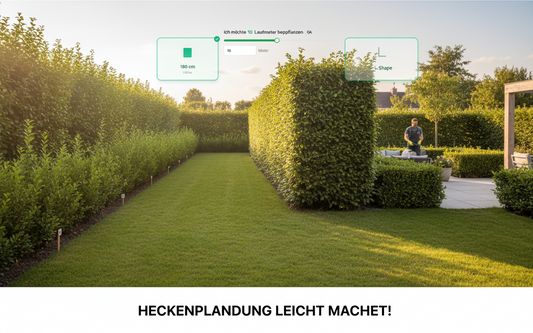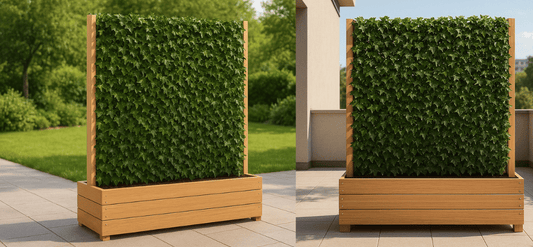Why no ivy hedges?
Ivy hedges are popular in many gardens, but are they really always the best choice? In this blog post, we'll explore the disadvantages and problems associated with ivy and compare the advantages of ivy. Let's explore together why ivy hedges aren't always the optimal solution.
Ivy in the garden: A double-edged sword
Ivy, with its charming climbing habit and dense foliage, can be aesthetically pleasing in gardens. However, it's important to note that ivy is not without its problems. Ivy's disadvantages can be numerous. It spreads uncontrollably and can overgrow other plants, causing problems in your garden.
Ivy's aggressive growth can cause it to overgrow and damage structures. Its roots can damage walls, requiring expensive repairs. Keep in mind that thorough maintenance and control are necessary to minimize the negative effects.
>> With Efeuria's ivy hedge elements, you can cultivate ivy as a garden hedge and maintain it easily. Click here to view our ivy hedge elements .
Why ivy causes problems in some gardens
While ivy may be attractive at first glance, it's not always the best choice for every garden. In some cases, it can become a nuisance. Its uncontrolled growth can choke out other plants, resulting in less diversity in your garden. It's important to understand why ivy can cause more problems than it solves in some gardens.
The damp conditions under dense ivy can attract slugs, which damage other plants in the garden. Aphids are another pest often associated with ivy. These problems can pose a long-term burden for gardeners who want to keep their gardens healthy and diverse.
The undesirable properties of ivy
In addition to its beauty, ivy also has some undesirable characteristics. Ivy's problems include pests that like to hide in its dense leaves. These pests can cause other plants in the garden to become infested as well. It's important to consider these aspects before choosing ivy as a garden hedge.
Ivy's aggressive growth habit can cause it to smother other plants and hamper their growth. This can be frustrating for gardeners who want to create a diverse and healthy plant environment.
Tip : Learn more about the undesirable properties of ivy in our blog article: These are the disadvantages of ivy and ivy hedges as a garden hedge
Ivy vs. alternatives: Which plants are better?
Ivy is undoubtedly a popular choice for garden hedges, but there are alternatives to consider. Privet, boxwood, and thuja are just a few examples of plants that may be considered better options. Let's compare ivy with some of these alternatives to help you choose the best garden hedge for your needs.
Choosing the right hedge can have a significant impact on the aesthetics and functionality of your garden. We'll outline the pros and cons of these alternatives to help you make your decision.
Benefits of ivy: When is it the right choice?
Despite its disadvantages, ivy also has its advantages. Ivy can contribute to biodiversity in your garden and provide habitat and food for certain animals. Furthermore, ivy often thrives in shady areas. We'll explore the situations where ivy can still be the right choice and the advantages it offers in certain situations.
Finally, it's important to note that choosing the right garden hedge should be carefully considered. Ivy hedges may be the best choice in some cases, while in others, alternatives should be preferred. The decision depends on individual needs and the specific conditions of your garden.
Visit our website www.efeuria.de for more information on ivy garden hedges and green roofs.

